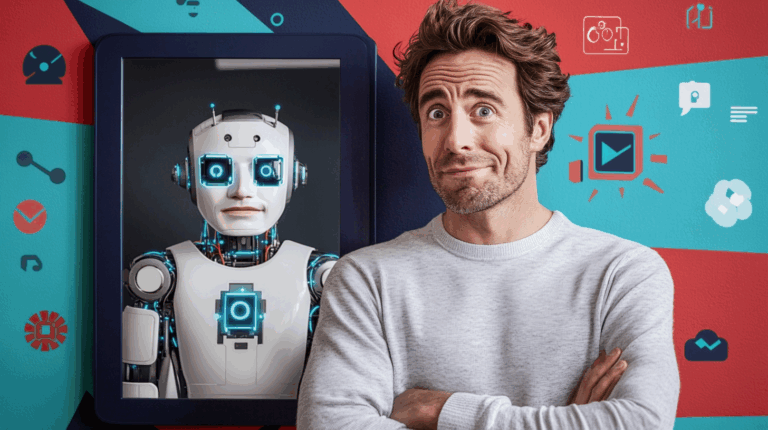Many online course providers offer MOOCs (Massive Open Online Courses) to gain tech knowledge, such as programming and data science. Some MOOCs are provided for free and might be offered by prestigious universities. How are these courses different from a Wawiwa Tech Training program?
There are various differences between MOOCs (or online courses) and Wawiwa’s program offering:
1. Not just online: hybrid learning model
The first major difference is technical: all MOOCs are delivered purely online and usually on-demand. While online training on your own time and pace can be effective, it’s not for everyone – it usually requires a high level of self-discipline. Wawiwa programs are provided in a aprendizaje híbrido format – mostly live, in-person, in-class, with some parts of the program delivered online. In case of necessity, such as COVID-19 restrictions on physical attendance, Wawiwa is fully capable of switching to full-online mode for the duration of the restrictions.
2. Knowledge and skills for a specific tech job
Even when discussing a pure online course, MOOCs give you knowledge of a specific domain, for example, a programming language, cyber security, or data science. Online courses usually don’t discuss the professional and personal skills that are required to perform well on a job related to that topic. For example, knowing how to program in Python doesn’t guarantee that the programmer has the skills of planning a project or communicating with a cross-functional business team. Wawiwa Tech Training is focused on preparing people for specific tech jobs, including conveying practical technical knowledge and teaching the necessary skills to perform those jobs.
3. Number of students, trainer to student ratio, and personal mentorship
MOOCs are for “massive” audiences, sometimes thousands of students taking the same course. Courses are usually pre-recorded, and the lecturer doesn’t stop for questions or clarifications. Wawiwa programs are delivered by one or two trainers to classes of 25 to 35 students, they’re delivered live – even when the classes are held online – and every student gets personal attention from the trainer and can ask any question during class. In addition to the trainers, students are assigned mentors from the local industry to guide and direct them throughout their studies.
4. Hands-on experience: project work and feedback
Online courses usually include recorded frontal lectures, and only a few of them include hands-on work experience and assignments that the student must perform. Even if such exist, they’re usually not mandatory or graded (which is impossible when thousands of students are enrolled). Therefore, most MOOC students are “listeners” that listen to the lecture but don’t practice what they hear. This is no way to learn a profession.
Wawiwa dedicates 70% of the training program to actual hands-on practice of the taught materials and skills – performed independently by the student or in small groups. Student projects are reviewed and feedback is provided – on both knowledge and skills – so that students can learn and improve. That way, students get real-life experiences that readies them to actually work in a tech job and implement what they’ve learned.
5. Local trainers, teaching in the local language, and cooperating with the local ecosystem
MOOCs from U.S. universities and global online platforms are usually delivered in English to the entire world. They’re provided “as is” to everybody who is interested. Wawiwa partners locally to bridge the global skills gap. Wawiwa trains local trainers with industry knowledge and the programs are provided in the students’ local language, with technical English used wherever needed for the training. In addition, Wawiwa works with the tech community in the local ecosystem to understand the concrete needs for specific tech jobs in the industry, and tailors the local courses to fit those needs. The result is a program that is relevant for the local industry and taught in the native language of the students.
6. Assessment and placement
Taking a course for several months and committing the time and money that are required to enroll and pursue the course is not easy. This is why so many students fall out of MOOCs (and even multi-year academic degrees) – beginning with a passion to learn something but soon giving up due to the effort that is needed to attend, practice, and complete the course. In addition, even if you’ve completed an online course and paid for a certificate, it’s up to you to take what you’ve learned and find a job.
Wawiwa places great importance to screening applicants and assigning people to the programs that are right for them, and on helping Wawiwa graduates find lucrative tech jobs in the local industry. Wawiwa conducts computerized assessments of every candidate to make sure she or he has the necessary personality and basic skills to pursue a program to completion and succeed in a future tech job, so that drop-out rates during a Wawiwa program are significantly lower. Following the completion of a course, the training center’s staff utilize Wawiwa’s industry relations and staffing consultants to help place graduates in the local industry.
* * *
MOOCs can be a great source of knowledge, they’re useful for broadening horizons, but they’re not for everyone, and no single MOOC prepares a person to excel in a job. Wawiwa offers hybrid tech training programs that are focused on skilling people to specific tech jobs. Wawiwa programs take every student personally, from start to finish, to make sure they study the profession that is right for them, learn it well, and get the job they’ve been looking for in the local tech ecosystem.



